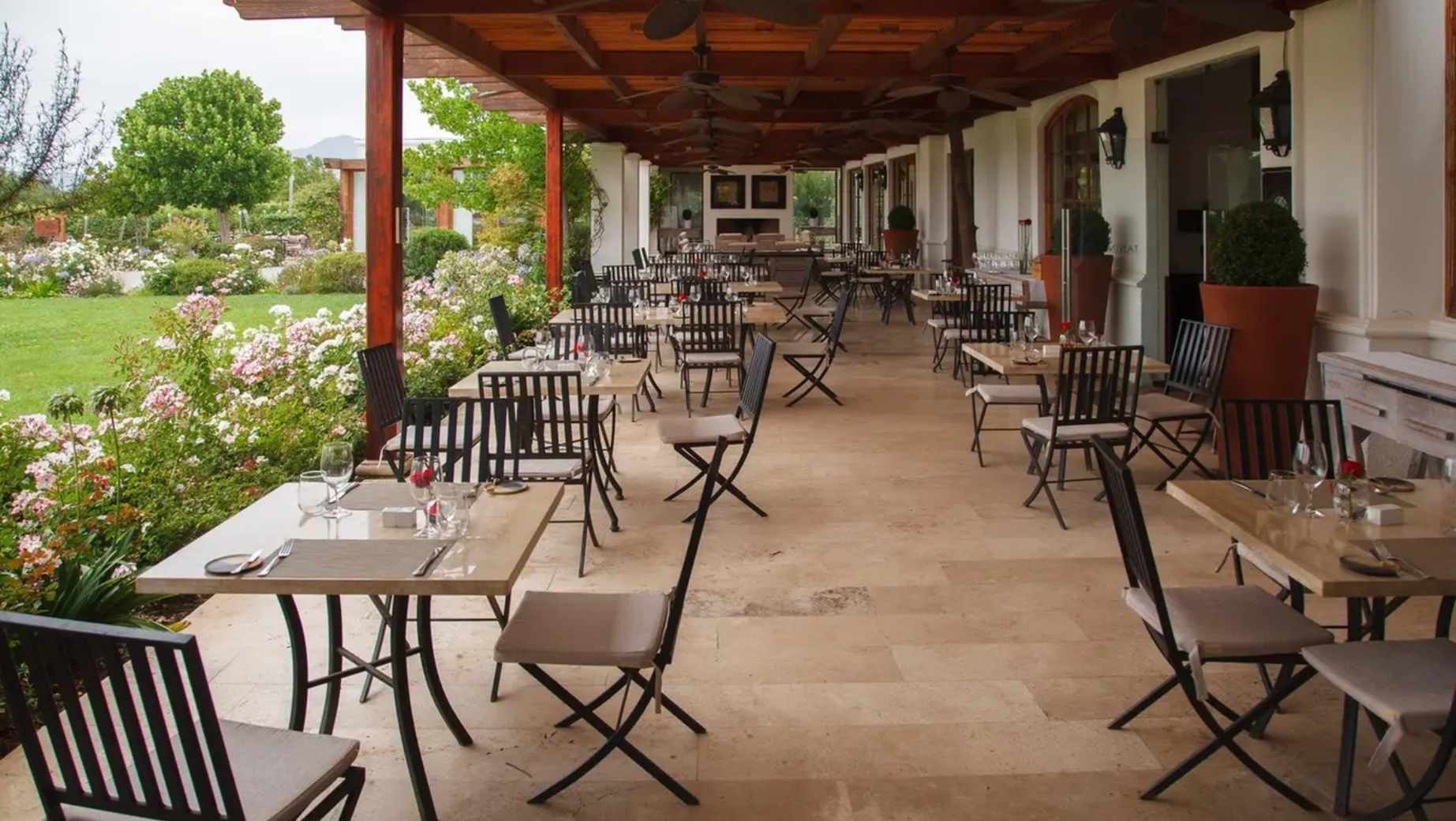Large stores will be closed on September 28, which is a national holiday for St Wenceslas, also called Czech Statehood Day.
The ban on stores being open took effect last year so shop workers could have a day off, like most other people. But some stores choose to defy the ban based on its vague wording.
The only large supermarkets in Prague that will be legally open are Billa stores at Václav Havel Airport Prague and at the train station Praha hlavní nádraží.
Fines for breaching the law can be levied in an amount up to 1 million crowns.
The law closing most large stores on holidays will continue to be in effect on Christmas Eve on Decemeber 24 (in the afternoon), Christmas Day on December 25, and St Stephen’s Day on December 26.
On September 28th Czechs celebrate St. Wenceslas Day
September 28th is a public holiday in the Czech Republic. It is the feast day of St. Wenceslas, the patron saint of Bohemia, and commemorates his death in 935.
Wenceslas was born in 907 and was the son of the Duke of Bohemia. His father died in 921 and Wenceslas ruled from 922, when he was 15 years old. He was raised as a Christian, primarily by his grandmother, Ludmila who had been baptized by the Greek missionaries Cyril and Methodius who brought Christianity to the region.
The reign of Wenceslas is marked by his support of the church, his aim to unify Bohemia and make peace with Germany.
These policies created enemies within his court and even his family. His own brother Boleslav was one of many who plotted against him. Boleslav invited Wenceslas to a church consecration and, on the morning of 28 September 935, on his way to the mass, Wenceslas was attacked by Boleslav and was killed by his brother’s supporters.
After Wenceslas’s death, Boleslav assumed power and reigned for almost fifty years. Later in life, Boleslav felt remorse for his actions and in 972 he had a church devoted to Saint Wenceslas built in Prague.
Having suffered a martyr’s death, Wenceslas was immediately considered a saint. This lead to a cult of veneration with various miracles attributed to him. He was even posthumously made a king by the Holy Roman Emperor, Otto I, which is why the popular Christmas carol Good King Wenceslas refers to him as a king when in life he was only a duke.
-
NEWSLETTER
Subscribe for our daily news










